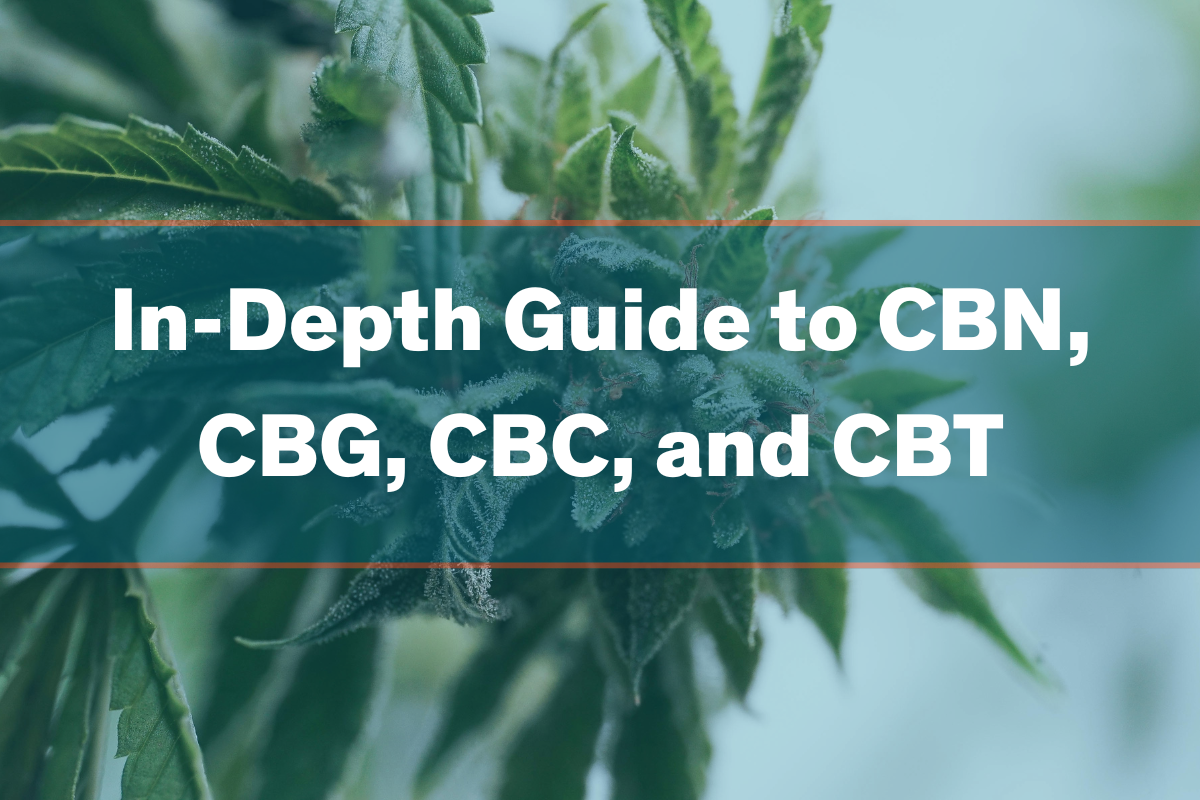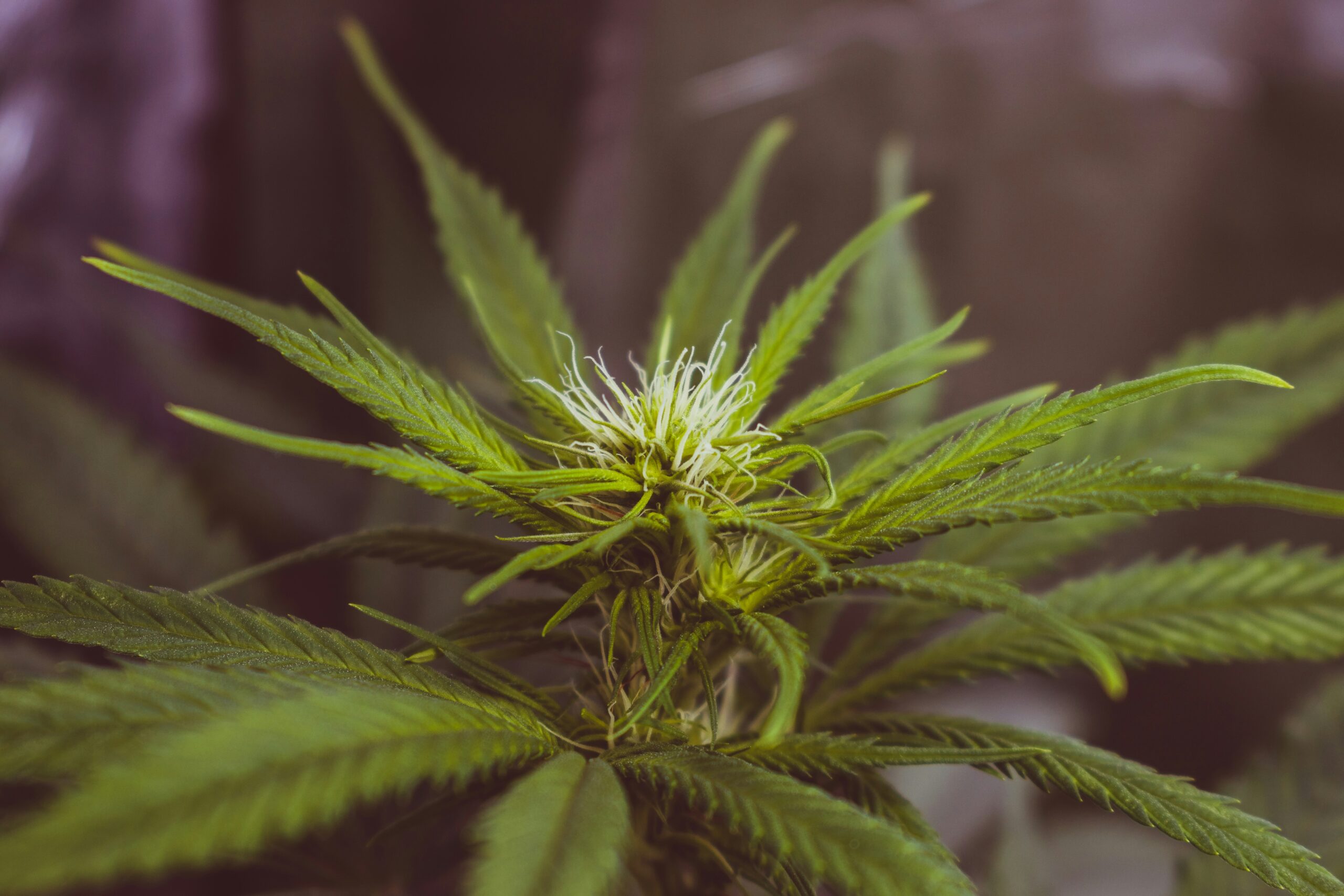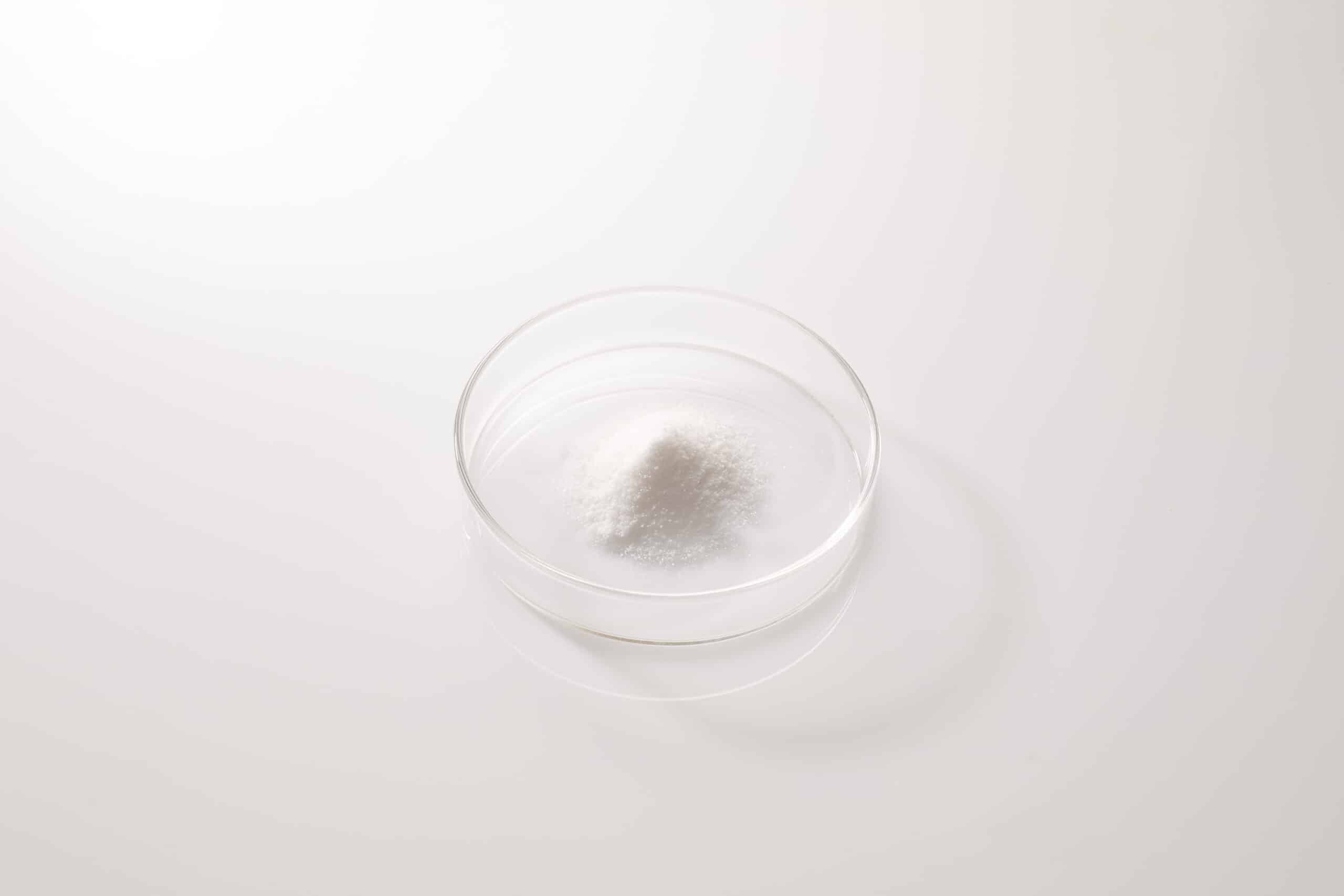Ohio has been a nexus of American agriculture ever since the nation’s founding. Are this state’s fertile fields ready for hemp, though, and are the people of Ohio open to this cannabinoid’s benefits? Learn everything you’ll need to know to start a successful hemp business in Ohio over the course of this guide.
Ohio cannabinoid law overview
– Hemp cultivation and processing are legal in Ohio
– The state has also legalized the sale of hemp products
– Ohio does not impose considerable obstacles to hemp commerce
– All hemp products must pass inspection
– The Ohio Department of Agriculture provides comprehensive information1 for new hemp businesses
– Hemp cultivation licensing costs at least $725 every three years
– Hemp processing licensing costs at least $3,350 every three years
– Ohio has an excellent climate for hemp cultivation
– Overall, Ohio is one of the most amenable states to hemp commerce
Can I sell CBD in Ohio?
Yes, it is legal to sell CBD products in Ohio as long as they contain less than 0.3% THC. The state of Ohio defines “0.3% THC” somewhat differently from the federal government, however. While the federal definition of “THC” doesn’t include THCA at all, Ohio follows an alternative approach that has recently become more popular in the context of state laws.
Ohio calculates THC percentage using the following equation: Total THC = (THC + (THCA x 0.877). This equation can appear confusing at first, so let’s break it down.
To calculate THC percentage in Ohio CBD products, you first take the total delta-9 tetrahydrocannabinol (THC) percentage, which should be under 0.3%. Then, you take the delta-9 tetrahydrocannabinolic acid (THCA) percentage and multiply it by 0.877 before adding the resulting number to the amount of THC present in the product.
So, say a product contains 0.2% THC but 0.4% THCA. While its THC content is below the federally acceptable threshold, this product would still be inviable under Ohio state law since 0.4 x 0.877 = 0.35, making the combined “THC” content in the product 0.55%, which is more than the 0.3% total THC allowable under Ohio law.
Ohio law also stipulates that any CBD products sold within state lines must be inspected by “the appropriate local or state agency” and meet the state’s food safety standards. It’s even necessary to indicate on their packaging that CBD products comply with the state’s maximum THC concentration as defined by (THC + (THCA x 0.877). If you have any questions regarding this THC threshold policy, visit the official Ohio hemp program webpage2.
Is it legal to grow hemp in Ohio?
Yes, hemp cultivation is legal in Ohio and is overseen by the Ohio Department of Agriculture (ODA). Hemp cultivators and processors must apply for separate licensing, but Ohio’s fees for hemp licensing are either lower or on par with the national average. Licenses must only be renewed once every three years with Ohio’s hemp licensing window lasting between November 1st and March 31st of each calendar year.
Do you need a license to grow hemp in Ohio?
Yes, it is necessary to obtain licensing to grow hemp legally in Ohio. Compared to the process of becoming a hemp processor in Ohio, applying for a hemp cultivation license is quite straightforward. Aspiring hemp cultivators in Ohio must simply apply for an OH|ID account, and then all required paperwork will become available through the state’s online portal.
Ohio hemp cultivation license process
1. After registering with OH|ID, Ohio hemp cultivators must complete and submit a hemp cultivation application, which is accompanied by a $100 fee.
2. Then, a $500 fee is required per year per location. If you intend to grow hemp at one site over all three years of your application window, for instance, a fee of $1,500 will be required.
3. A $250 site modification fee is applied every time growers change their hemp cultivation locations.
4. A $150 pre-harvest lab testing fee is applied for each growing location per harvest.
5. Each key participant must undergo an FBI background check.
6. Applicants are required to provide detailed maps of their facilities.
7. For more information, visit the ODA’s official Hemp Cultivation webpage³
Do you need a license to process hemp in Ohio?
Yes, it is necessary to acquire proper licensing to legally process hemp in Ohio. Hemp processors must both pay larger fees than hemp cultivators and are subject to more stringent oversight. Just as is the case for Ohio hemp growers, however, hemp processing licenses last three years in the state compared to the national norm of one year.
Ohio hemp processor license process
1. Register for an OH|ID account, and navigate to Ohio’s official hemp processing webpage⁴.
2. Submitting a hemp processing application incurs a $100 fee. Applicants must pay $500 if they intend to process raw hemp grain and an additional $500 if they intend to process hemp fiber.
3. A fee of $3,000 is required of hemp processors that process the “raw floral component” of hemp, which includes both extraction facilities and smokable hemp producers.
4. From there, an additional fee of $500 is applied to hemp processing businesses that make cannabinoids into “human and animal food, dietary supplements, cosmetics and personal care products” on a wholesale basis. A fee of $250 is applied to businesses that intend to produce retail products.
5. All applicants and key participants must undergo background checks.
6. Applicants must also submit an Application for Certificate of Occupancy (PDF)
7. Once hemp processing applications are approved, processors must undergo a “label review” in which a food safety official will “conduct a label review of your hemp products along with reviewing your processes” with the goal of limiting hazards.
8. Another inspection occurs once product labels have been approved.
9. Processors must also put up a “surety bond” based on how much hemp they bought the previous year: $10,000 for $100,000 in hemp or less and $20,000 if the amount of hemp purchased exceeds $100,000.
10. Lastly, extraction facilities must provide detailed operation plans that comply with Ohio’s Administrative Code.
Does Ohio have a good climate for hemp cultivation?
Yes, the climate in Ohio is nearly ideal for hemp cultivation. It’s true that hemp grows best in biomes where the sun is always shining, but Ohio’s climate offers a very robust growing season that begins by early May and persists into late October.
Though hilly in some areas, Ohio is largely flat, allowing farmers to spread out over vast acreage with excellent lighting. Natural water sources are abundant, and the state economy is largely centered around agriculture, providing benefits and incentives to farmers.
How to start a hemp business in Ohio
The first step in starting a successful hemp business in Ohio is fully understanding the parameters of the situation. To that end, we’ll summarize our findings so far:
– Sales of CBD in Ohio are legal but considerably restrictive
– Hemp cultivation and processing fees are low in Ohio, but the level of government oversight is high
– Both Ohio’s culture and climate are largely friendly to hemp
Most important for prospective Ohio hemp entrepreneurs to consider are the considerable compliance requirements imposed by the state government. In addition to government-mandated training, Ohio hemp processors must submit to labeling requirements and post surety bonds in the tens of thousands of dollars.
Even if you fulfill all your obligations as an Ohio hemp processor, there are still the state’s highly specific labeling guidelines to consider. Instead of following the general definition of THC content in hemp products, Ohio also includes THCA, adding one more factor to keep in mind as an Ohio hemp processor.
Benefits of private labeling
It’s easy for all of this to seem overwhelming to a new hemp producer just now seeking to get started in Ohio. Those who have persisted within the CBD industry since its earlier days, though, are better equipped to tackle the regulatory complexity imposed by the hemp policies of states like Ohio.
In this state, it’s possible to lose your licensing status for seemingly minor code infractions. As a result, it’s a prudent move to rely on the expertise of a hemp cannabinoid white-labeler that has succeeded within the space for quite some time.
Major hemp producers have what it takes to adroitly navigate the regulatory environments imposed by states like Ohio, delivering products that not only meet but exceed state standards for quality and purity. This approach is the clear economic choice, and it makes even more sense to white label in states like Ohio, where initial oversights can significantly set back aspiring hemp entrepreneurs.
The bottom line: Will an Ohio hemp business be profitable?
All the factors are in place for any responsible hemp business to experience success in Ohio. The population is large, agriculture is encouraged, and the only issue is the burden imposed by state regulations and oversight.
If entrepreneurs simply make the right choices to ensure their products are compliant and in line with Ohio’s values, a population of nearly 8 million adults⁵ along with almost 900 million acres of arable farmland are at their disposal. The best way to make these wise business choices is to enlist the help of a trusted private labeler already operating successfully within the inter-state hemp economy.
Ohio Hemp Business FAQ
Familiarize yourself further with the ins and outs of operating an Ohio hemp business in the FAQ section below:
1. Can anyone grow hemp in Ohio?
Ohio does not make any specific restrictions against particular classes of individuals who can apply to become either hemp cultivators or processors. During the hemp license application process, however, you will be asked to submit to an FBI background check. A criminal history may result in your application being denied.
2. How much does a hemp license cost in Ohio?
Applying for a hemp license in Ohio costs at least $725 but may cost tens of thousands of dollars depending on the scope of your business. The Ohio state government only requires hemp licensees to renew every three years, however.
3. How many hemp plants can you grow in Ohio?
There is no limit to the number of plants that licensed hemp cultivators may grow in the state of Ohio. It is illegal to grow hemp without a license in this state, however.
4. How does launching a hemp brand in Ohio compare to launching in Colorado?
Launching a hemp brand in Ohio involves working within a newer yet rapidly expanding market, so you’ll likely face more stringent regulations and fewer established industry resources compared to Colorado. However, with Ohio’s growing consumer interest and supportive state government initiatives, there are significant opportunities to stand out and build a strong local presence.
Sources
1. Questions. (n.d.). https://agri.ohio.gov/divisions/hemp-program/faqs
2. Welcome to the Hemp program. (n.d.). https://agri.ohio.gov/divisions/hemp-program
3. Cultivation. (n.d.). https://agri.ohio.gov/divisions/hemp-program/cultivation
4. Processing. (n.d.). https://agri.ohio.gov/divisions/hemp-program/processing
5. United States Census Bureau QuickFacts. (n.d.). U.S. Census Bureau QuickFacts: Ohio. Census Bureau QuickFacts. https://www.census.gov/quickfacts/fact/table/OH/PST045222







